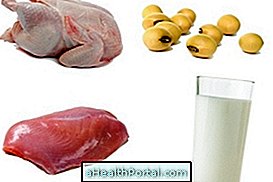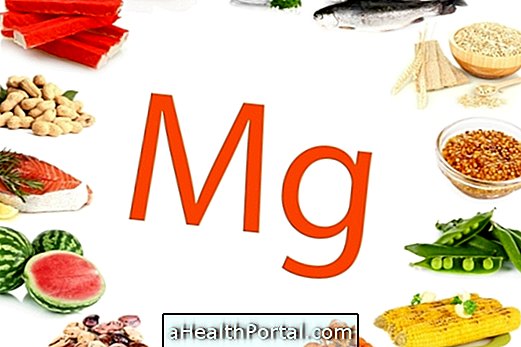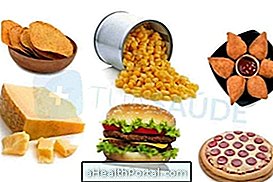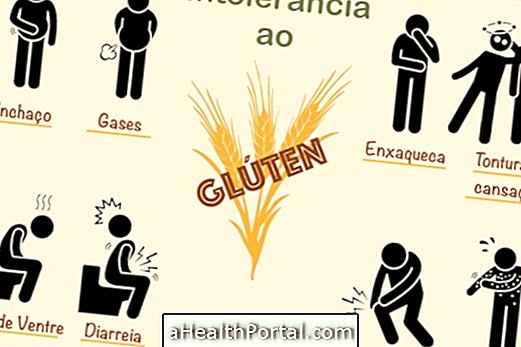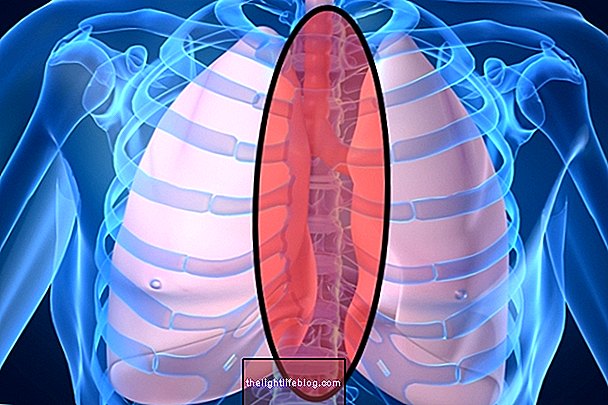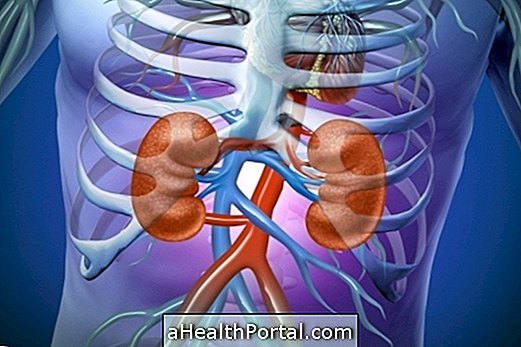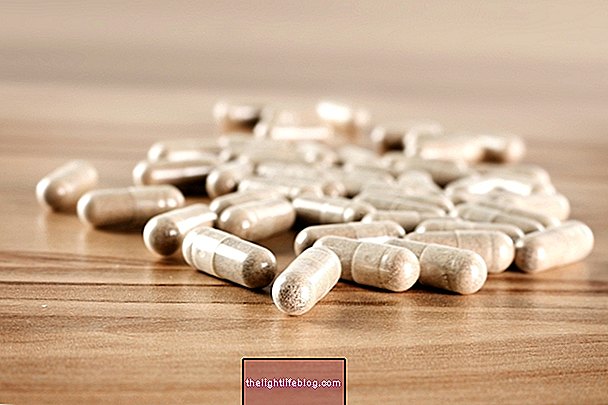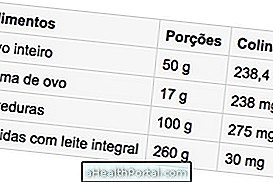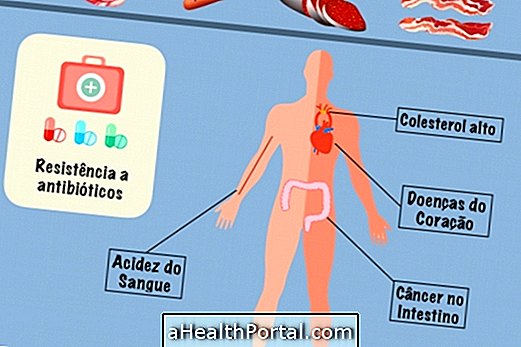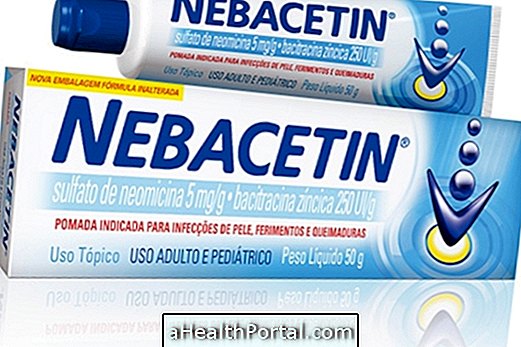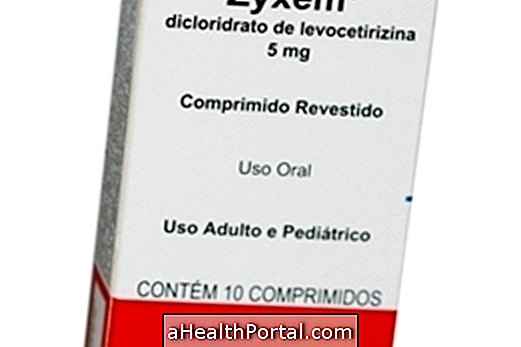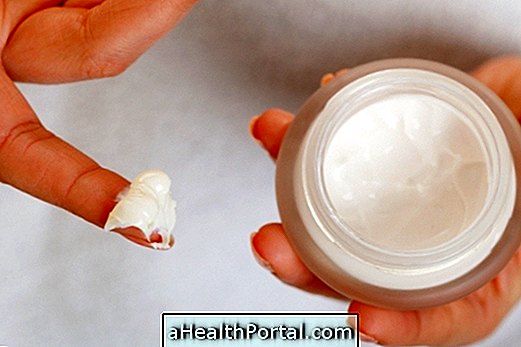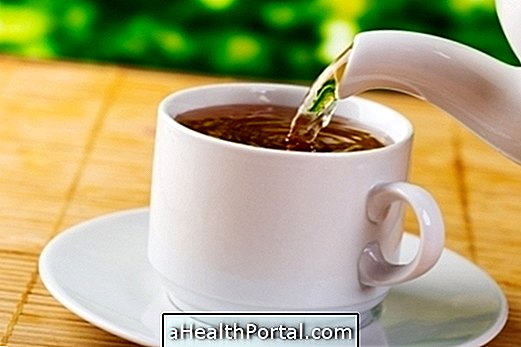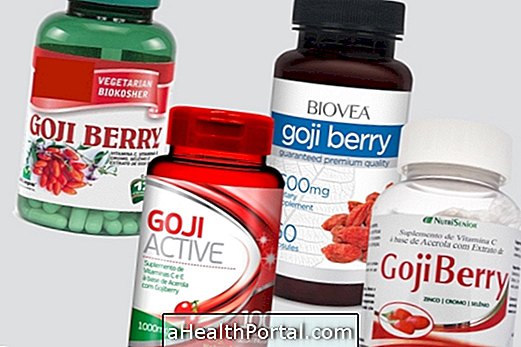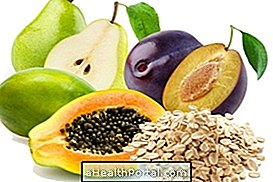Powdered proteins are mainly used by vegans, who follow a diet totally free of animal foods. Vegan proteins are usually made from foods like soy, rice and peas, and can be used to supplement the diet and to promote muscle mass gain.
In general, the most common protein powder is Whey Protein, made from cow's milk whey, but there are vegetable supplements made from grains such as:
- Soy;
- Pea;
- Rice;
- Chia;
- Almonds;
- Peanut;
- Hemp.

These supplements are usually gluten-free and lactose-free, and can be added to flavorings that give varied flavors of vanilla, chocolate and strawberry, for example. They are usually sold in food supplement stores.
How To Choose a Good Protein
In general, a good vegetable protein is made from non-transgenic and organic grains, which guarantees the quality of the product and the reduction of the use of agrochemicals in the plantation. Soy is the grain that provides the highest number of amino acids, thus being the most complete vegetable protein, but there are also high quality protein mixtures on the market, such as those that use rice and peas as sources of amino acids.
It is also important to observe the amount of protein per portion of the product, because the more protein and less carbohydrate, the better the concentration and quality of the product. This information can be found in the nutrition information chart of each product label. See why consume organic foods.

When to use
Powdered vegetable protein can be used to supplement the diet of people who do not consume foods of animal origin, which are the main sources of protein in the diet. Having adequate protein intake is important for functions such as promoting growth, wound healing, strengthening of the immune system and cell renewal.
In addition, the supplement can be used to stimulate muscle gain, a goal that requires a higher intake of good quality proteins to promote recovery and growth of muscles.
Recommended quantity
In general, about 30g of protein powder per day is used, but this amount may vary according to the weight, gender, age and type of training of each person and should be recommended by the doctor or nutritionist.
In addition, it is also necessary to evaluate the amount and type of protein consumed naturally from the food, so that the supplement is used in the right amount to supplement the food. Find out which vegetables are richer in protein.



